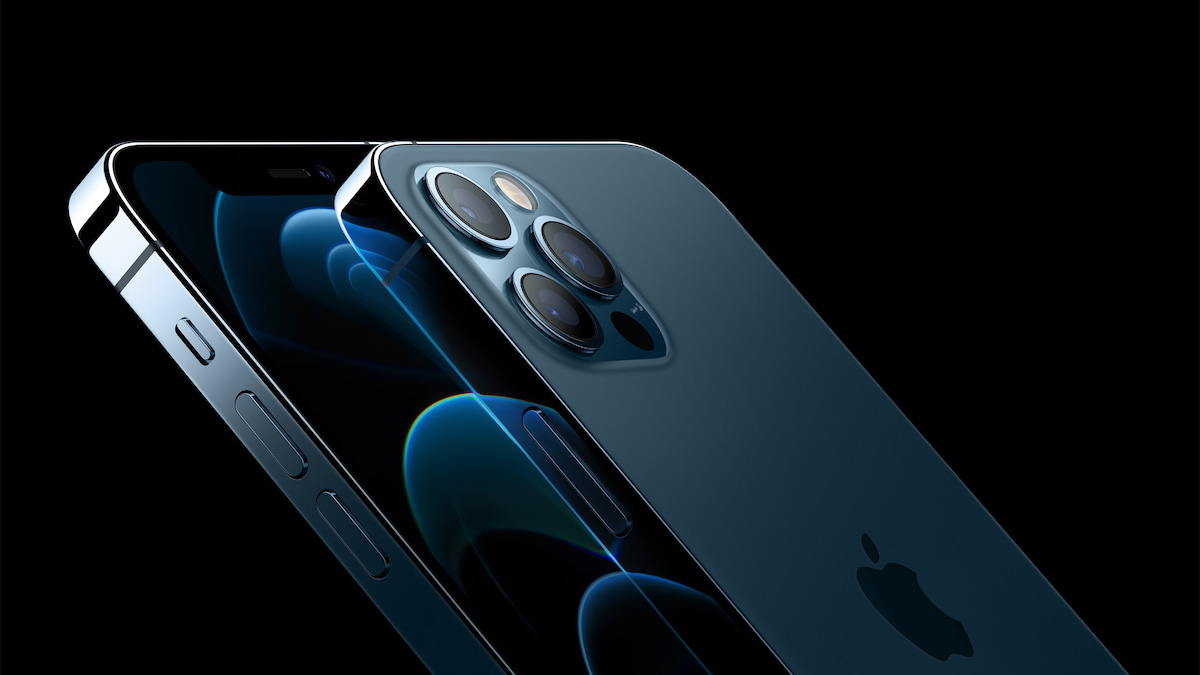UK’s Financial Ombudsman is investigating Apple for alleged discrimination against disabled customers through its iPhone Upgrade Program. As per Colin Hughes, a quadriplegic Apple user, he is unable to comply with iPhone Upgrade Program policies which require the customer to visit an Apple Store in person to participate. This is not an option for customers with severe disabilities, which Huges believes is discrimination by Apple.

iPhone Upgrade Program policies not flexible enough to accommodate customers with severe disabilities
Colin Hughes had first raised this issue over 2 years ago, however, Apple responded by saying that nothing could be done about the policies. Apple told him that this was a condition set by Barclay’s that customers have to visit an Apple retail store in person, and no exceptions could be made.
I am severely disabled with muscular dystrophy, a full-time wheelchair user, housebound a lot of the time, and unable to travel by car or public transport to my nearest Apple Store on Regent Street in central London.
When I spotted the “only in an Apple Store” requirement I was concerned but decided to seek clarification by contacting the company’s online customer services. I thought, surely in this day and age, they could make an exception for people in my situation.
I didn’t get anywhere on the telephone but in correspondence Apple told me: “it is a Barclay’s requirement to visit the retail store in order to sign the Upgrade Programme agreement”. The tech giant offered me no alternative ways of accessing the Programme. I was told there were no exceptions and the IPhone Upgrade Programme was only available in store.
Apple tried to make alternative arrangements for Colin Hughes, once the issue garnered media attention, however, he had to go through the same issue again in 2020 when he tried to renew. The company later said that it was a one-off arrangement and that it would not be offered in 2021, as per an acknowledgment signed by Hughes. For Hughes’ situation, this is simply not enough as it becomes a hurdle for him to renew on a yearly basis, which is why customers sign up for the iPhone Upgrade Program in the first place.
Hughes has offered suggestions as to how Apple or Barclays could perform verification, however, Apple has rejected all these suggestions. This goes against UK law as the company should be open to making reasonable adjustments to accommodate disabled people.
For example, I could have sent in signed forms and ID by post, or with a carer who could visit the store with them on my behalf. Apple rejected this as an option.
I could have visited a branch of Barclays Bank. There is one very near me within reachable distance in my wheelchair, where my ID and signature for a credit agreement could have been verified.
Based on Hughes complaint, the UK Financial Ombudsman has launched an investigation to look into both Apple and Barclays role in this matter.